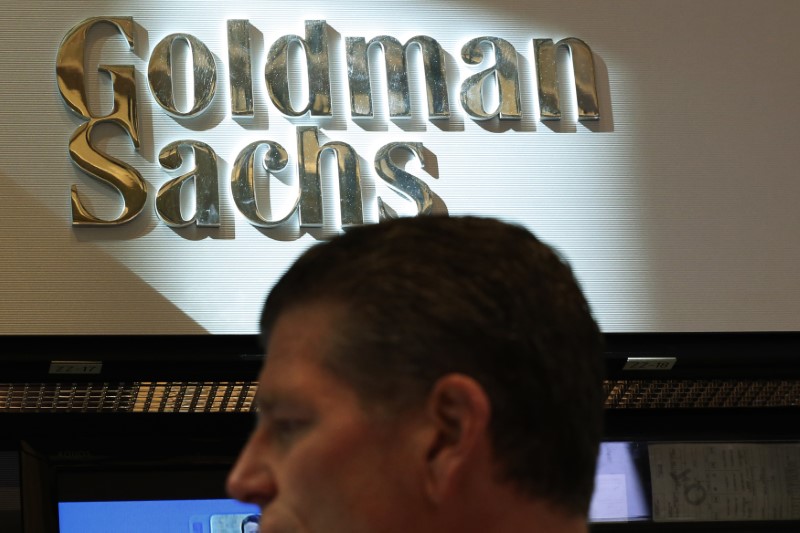Benzinga - by Piero Cingari, Benzinga Staff Writer.
Disinflationary forecasts have fallen out of favor recently, especially following three consecutive months of unexpected inflation increases.
Yet, Goldman Sachs economist Jessica Rindels has made a bold call, predicting a downturn in the core Personal Consumption Expenditure (PCE) Inflation – the Federal Reserve’s preferred inflation metric – for the remainder of the year.
According to Rindels, the re-acceleration to a 4.0% average monthly annualized pace in early 2024 was influenced by transient factors that are expected to abate.
“In Q1, consumer electronics prices increased at a 21.9% average monthly annualized rate, the largest quarterly increase since the data began in 1959,” Rindels noted, pinpointing a significant driver of the inflation spike.
She also mentioned the rise in financial services inflation, which sped up to a 10.1% average monthly annualized pace due to higher portfolio management fees linked to rising equity prices.
Core PCE Inflation To Return To 2.2%, Goldman Sachs Says Goldman Sachs foresees a decrease in the monthly pace of core PCE inflation from +0.33% in Q1 to just +0.18% over the remainder of the year. This anticipated slowdown is attributed to several factors, including declines in consumer electronics and financial services prices, alongside more stable trends in housing and healthcare services.
“The end-of-year promotions for consumer electronics and software appear to have mostly reversed, and we expect prices to decline on average over the next nine months,” Goldman Sachs analysts explained.
This shift is expected to reduce the inflationary pressure significantly, turning a +4.2 basis point (bp) contribution in Q1 to a -2.0 impact by year-end.
Moreover, recent drops in equity prices are likely to dampen financial services inflation.
Despite early-year hikes, healthcare service prices are also expected to stabilize, although they may continue to adjust to costs.
The firm also anticipates that recent dollar strength will moderate foreign travel prices, and a slowdown in new-tenant rent growth will contribute to disinflationary pressures in housing.
“After increasing to 4.0% in Q1, our forecast implies that the average monthly annualized pace of core PCE inflation will return to 2.2% over the next three quarters, leaving the year-on-year rate at 2.6% in December 2024,” concluded Rindels.
Key Data To Watch Traders are eagerly awaiting the release of the March PCE inflation report by the Bureau of Economic Analysis, scheduled for this Friday.
Wall Street economist consensus anticipates a slight uptick in the annual headline PCE inflation rate, with forecasts projecting an increase from 2.5% in February to 2.6% in March.
The headline PCE price index is expected to rise by 0.3% on a monthly basis, consistent with the growth observed in February.
Meanwhile, the core PCE inflation, which excludes volatile food and energy prices, is expected to show some relief, easing from an annual rate of 2.8% to 2.6%, while holding steady at 0.3% on a monthly basis.
Read now: Private Sector Growth Unexpectedly Slows In April, Marks Lowest Increase In 4 Months: ‘Drivers Of Inflation Have Changed’
Image generated using artificial intelligence via Midjourney.
© 2024 Benzinga.com. Benzinga does not provide investment advice. All rights reserved.
Read the original article on Benzinga
